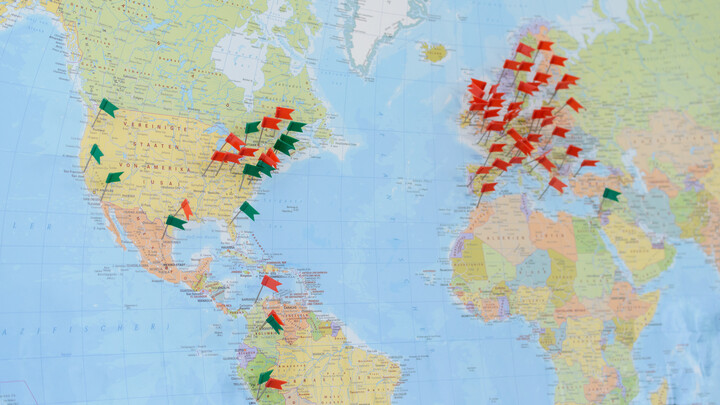Project „Chain News Monitoring“
From the beginning of 2023 the German Supply Chain Due Diligence Act becomes law, which will hold medium and large companies accountable not only for their own action, but also for violations that happen anywhere in their entire supply chain. This will make sure that no child labor, forced labor is tolerated within the complete supply chain of companies interacting in Germany. Breaking the laws can lead to penalties up to 2% of yearly turnover. Because of this law and an increasing awareness of social responsibility beyond their own actions by businesses, the need for thorough news monitoring of the supply chain becomes desirable – or mandatory. Based on the pure volume of this task, the majority of the steps have to be automated. Artificial Intelligence, in particular Natural Language Processing and an infrastructure that is fit for purpose can be utilized to identify human rights violations, pollution, and other irresponsible actions by any agent in the supply chain. This knowledge in turn may lead to sanctions and economic pressure, and ultimately in an increase of social responsibility along the entire supply chain.
News Monitoring
One easily available source of information about violations of human rights and social irresponsibility with vast coverage are news articles and social media posts. Topics that may be covered and are an indicator of a compromised supply chain are:
- Explicit reports of incidents of a company, or their suppliers
- Common bad practice in a particular industry
- Prevalence of social irresponsibility in a particular region
The challenge of this, however, is that only a very small fraction of articles actually covers such topics and needs to be automatically identified. An intelligent News Monitoring System should be able to
(1) automatically accumulate news from various sources
(2) assess the quality of a news source in respect to coverage by region and topic and ideally
(3) drop sources of low quality and add sources of high quality. The main task of such a system would then be to
(4) determine if an article/
Tasks and Methods
Ideally using the SCRUM framework, the students have the opportunity to develop their own News Monitoring System with creative solutions and modern technology for the requirements mentioned. Support is given throughout the project via regular feedback and a contact person for questions.
Possible sources for the accumulation could be news from RSS-Feeds, posts extracted from social media platforms like Facebook, Twitter, and LinkedIn, or publications of NGOs.
To be able to process the content, advanced methods of Natural Language Processing will be required, in particular Transformers (think BERT). These methods can be facilitated to extract features relevant for a coverage, and to classify content into relevant.
Source quality (2) can be used to support the mechanism of source selection (3). Adding new sources may be a semi-manual step, or performed by an intelligent crawler.
A particular challenge of the classification (4) is the unstructured, heterogenic way the data is from different sources and the fact that no label is present. Possible solutions could be any combination of zero-shot classification, feature engineering, clustering, or any other appropriate method, and a feedback loop with manual labeling for a small subset of samples.
The project is conducted in cooperation with Osapiens.
Contact: Kristian Kolthoff

